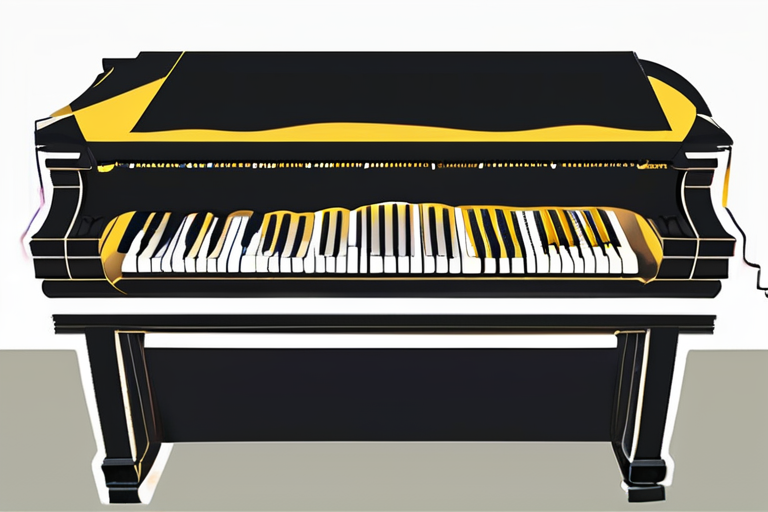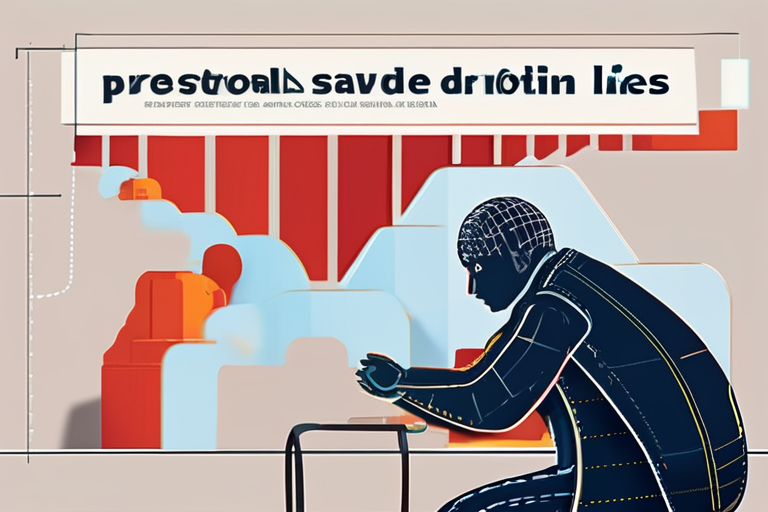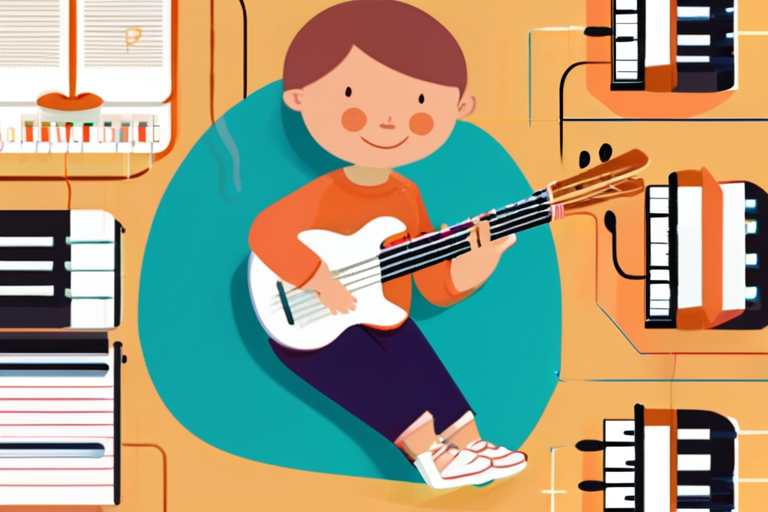Music Heals: Groundbreaking Books Reveal Power of Violin Therapy to Transform Mental Health Worldwide


Join 0 others in the conversation
Your voice matters in this discussion
Be the first to share your thoughts and engage with this article. Your perspective matters!
Discover articles from our community

 Hoppi
Hoppi

 Hoppi
Hoppi

 Hoppi
Hoppi

 Hoppi
Hoppi

 Hoppi
Hoppi

 Hoppi
Hoppi

A Century-Old Piano Mystery Solved: Pianists' Touch Proven to Alter Timbre In a groundbreaking study published on October 2, 2025, …

Hoppi

Suicide Prevention Month: A Global Business Imperative As the world marks National Suicide Prevention Month in September, a sobering reality …

Hoppi

A Century-Old Piano Mystery Solved: Pianists' Touch Proven to Alter Timbre In a groundbreaking study published on October 2, 2025, …

Hoppi

The Secret to a Longer Life: Uncovering the Mental 'Fountain of Youth' Imagine being able to turn back the clock …

Hoppi

Playing a Musical Instrument Boosts Reading Skills in Children A groundbreaking study has revealed that learning to play a musical …

Hoppi

Yoga's Heart-Health Benefits Debunked: New Study Reveals Surprising Findings A comprehensive review of existing literature has revealed that yoga may …

Hoppi